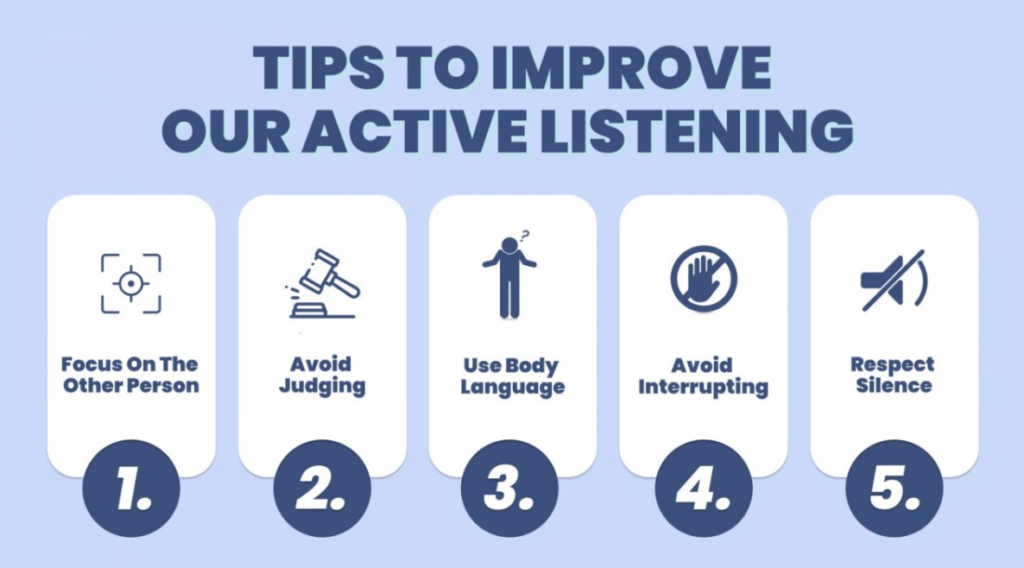Unlock the secrets to successful business negotiations with our in-depth exploration of “The Role of Communication.” From clear messaging to cultural intelligence and emotional finesse, discover the strategic communication techniques that elevate your negotiation game.
Introduction
In the dynamic realm of business negotiations, effective communication stands as the linchpin for success. As we delve into the intricate dance of deal-making, it becomes evident that communication is not just a means of exchanging information but a strategic tool that can either fortify or jeopardize the outcome. In this article, we explore the pivotal role of communication in business negotiations and unravel the nuanced techniques that elevate it to an art form.
Establishing a Foundation: Clear and Concise Messaging
Clear and concise communication serves as the bedrock of successful negotiations. The ability to articulate ideas, expectations, and propositions with precision minimises the scope for misunderstandings. When parties involved share a common understanding of the negotiation landscape, it paves the way for collaborative decision-making.
ALSO READ: Top 5 Pros And Disadvantages Of Social Media Marketing

In the initial stages, effective communication involves setting a clear agenda and defining the scope of the negotiation. This not only streamlines the process but also fosters an environment of transparency, instilling confidence among all stakeholders.
The Power of Active Listening
In the cacophony of negotiation, the often-overlooked art of active listening emerges as a game-changer. It is not merely about hearing words but understanding the underlying sentiments and concerns. When negotiators engage in active listening, they gain valuable insights into the motivations and priorities of the other party.

By fostering a culture of attentive listening, negotiations transcend beyond a transactional exchange to a collaborative endeavor. This not only builds rapport but also enables the identification of common ground, laying the foundation for mutually beneficial agreements.
Navigating Cultural Nuances
In an era of globalized business, negotiations often transcend geographical boundaries, bringing forth diverse cultural nuances. Cultural intelligence becomes a critical component of effective communication in such scenarios. Recognizing and respecting cultural differences not only avoids inadvertent misunderstandings but also establishes a framework for building trust.

Negotiators equipped with cultural sensitivity can adapt their communication styles, ensuring that their messages resonate positively across cultural landscapes. This adaptability is not only a sign of respect but also a strategic move to bridge gaps and strengthen the negotiation process.
Emotional Intelligence: A Catalyst for Success
Emotions play a significant role in business negotiations, influencing decision-making and shaping outcomes. Emotional intelligence becomes a powerful tool in navigating the emotional terrain of negotiations. Understanding one’s emotions and those of the counterpart allows for a more nuanced and empathetic approach.

By addressing emotions constructively, negotiators can defuse tension, build rapport, and pave the way for collaborative problem-solving. Emotional intelligence is not just a soft skill; it is a strategic advantage that can tip the scales in favor of a successful negotiation.
Negotiation as a Two-Way Street
A common misconception in negotiations is viewing it as a zero-sum game, where one party’s gain is inherently a loss for the other. Shifting this paradigm, collaborative negotiation emphasizes creating value for all involved parties. This approach hinges on open communication, shared goals, and a commitment to finding solutions that maximize collective benefits.

When negotiation is approached as a two-way street, it fosters an atmosphere of cooperation, enabling creative problem-solving and innovative solutions. The resulting agreements are not just compromises but synergies that amplify the strengths of each party involved.
Conclusion
In the intricate tapestry of business negotiations, effective communication emerges as the golden thread that binds success. From the clarity of messaging to the nuances of cultural intelligence and the finesse of emotional intelligence, every facet plays a crucial role in shaping the outcome. As negotiators, recognizing the significance of communication and mastering its intricacies is not just a skill; it is a strategic imperative that positions us for triumph in the complex landscape of business negotiations.
Click here to check out the latest post on Instagram.
Also read: Top 5 Podcasts Every Future Business Owner Should Listen To
image source: google




































